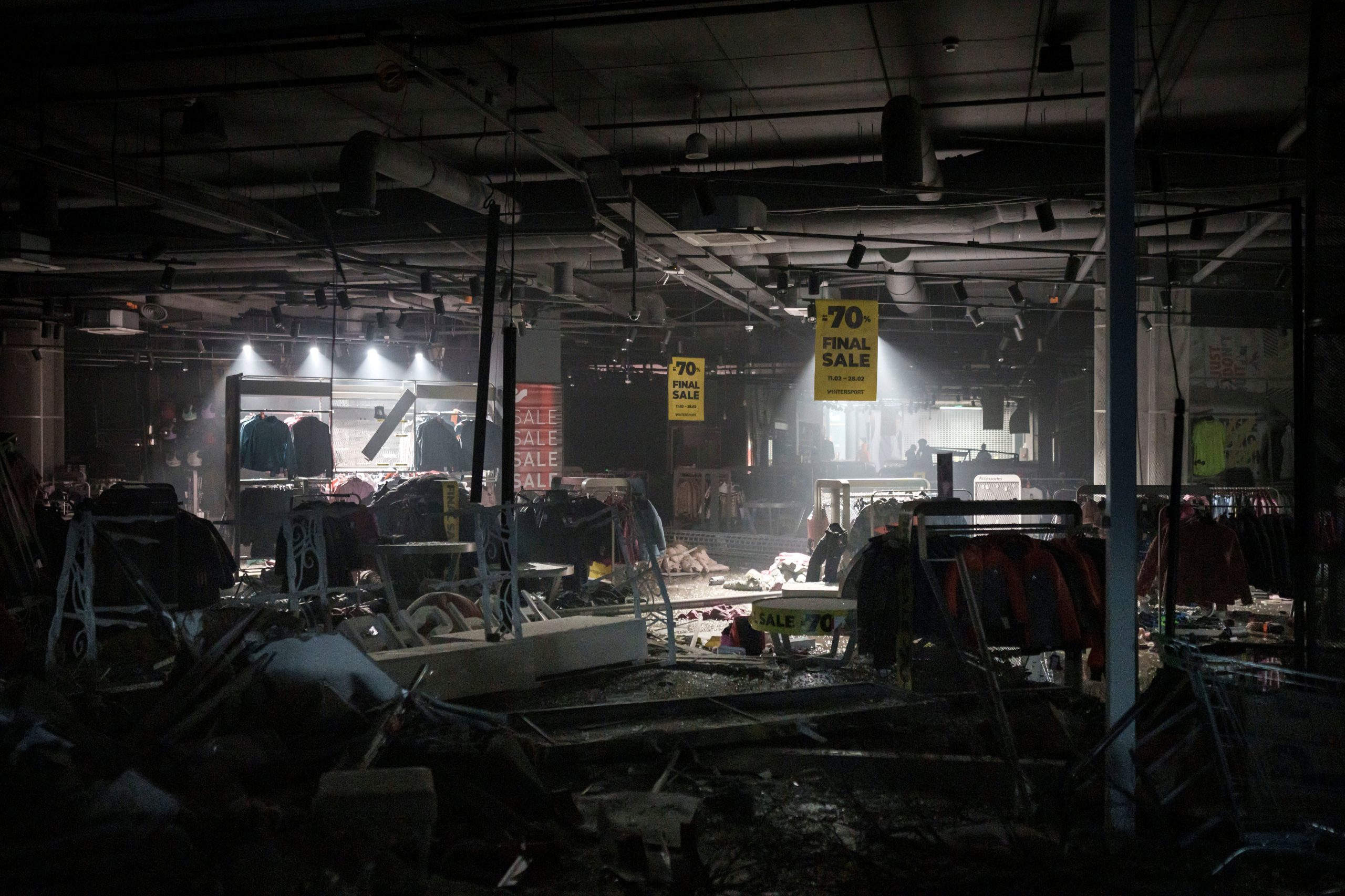Each day searing stories pour out of Ukraine: A maternity hospital bombed in Mariupol. A mother and her children killed as they fled Irpin in a humanitarian corridor. Burning apartment blocks. Mass graves. A child dead of dehydration in a city under siege, denied humanitarian aid.
Such images have contributed to a growing global consensus that Russia should be held accountable for war crimes in Ukraine.
Also read: More than five Russian generals killed in Ukraine so far, claims report
“The world’s strongmen are watching like crocodiles … We have to show tyrants around the world that rule of law is stronger than rule of gun,” said David Crane, a veteran of numerous international war crime investigations.
Even as the conflict rages, a vast apparatus is being built to gather and preserve evidence of potential violations of international laws of war that were written after World War II. Less than a month after Vladimir Putin’s order to drop the first bombs on his neighbor, the United States declared that Russian forces were committing war crimes in Ukraine. But it remains far from clear who will be held accountable and how.
Also read: Wagner contractors in Zelensky assassination plot, claims top Ukraine official: Report
Here’s a look at what war crimes are and what options exist for bringing those responsible to justice.
What are war crimes?
A war crime is a violation of the laws of war. While the architecture of international criminal law has been built over decades, the concept is straightforward.
Also read: Russia has lost 16,000 troops but no general colonels, claims Zelensky
“If there’s no military necessary reason to target something, it’s a war crime. If you’re just shooting like `Mad Max Thunderdome’ then it’s a war crime,” said Crane.
The core principles of international humanitarian law are enshrined in the Geneva Conventions, the bulk of which came into force after World War II, and the Rome Statute, which established the International Criminal Court in 1998.
They provide protections for civilians in times of war, as well as for prisoners of war and the wounded. Possible war crimes that have been reported in Ukraine: widespread destruction of people’s homes, firing on civilians as they evacuate through safe corridors, targeting hospitals, using indiscriminate weapons like cluster bombs in civilian areas, attacks on nuclear power plants, intentionally blocking access to humanitarian aid or basic needs like food and water.
Also read: France’s Macron says he hopes to talk to Putin ‘in the coming hours’ over Mariupol
But intention matters. Destroying a hospital alone is not evidence of a war crime. Prosecutors would have to show that the attack was intentional or at least reckless.
Crimes against humanity, which have been codified in the statutes of a number of international criminal tribunals, occur when a state launches a widespread or systematic attack against civilians involving murder, deportation, torture, disappearances or other inhumane acts.
Also read: Military efforts now centered on east Ukraine, claims top Russian general
What is the International Criminal Court?
The International Criminal Court, located in the Hague, can prosecute individuals for war crimes, crimes against humanity, genocide and the crime of aggression.
The court holds sway over its 123 member countries. Ukraine is not among them but has granted the ICC jurisdiction. On Feb. 28, the ICC’s chief prosecutor, Karim Khan, announced that he would investigate suspected atrocities in Ukraine after an unprecedented 39 member states asked him to do so. Since then, more states have signed on to that request.
Also read: They won’t let me visit Ukraine: ‘Disappointed’ Joe Biden arrives in Poland
“There is a reasonable basis to believe that both alleged war crimes and crimes against humanity have been committed in Ukraine,” Khan said at the time.
There are important limitations to what the ICC can do. It doesn’t have the power to investigate Russia for what judges at the Nuremberg tribunal after World War II called the “supreme international crime,” the crime of aggression — that is, the decision to wage a ruthless, unprovoked war against another country, which international lawyers say would be the easiest way to hold Putin accountable.
Also read: ‘Long day’: US army vet from Connecticut destroys 7 Russian tanks in Ukraine
That’s because Russia, like the United States, isn’t a party to the ICC.
When the ICC statute was amended to include the crime of aggression, the United States, Russia and China pushed for – and got — a carveout to protect citizens of countries that have not signed on to the court from being prosecuted on that charge.
The UN Security Council can override that by voting to refer a matter to the ICC, but Russia has a seat on the Security Council and could easily torpedo any such initiative.






